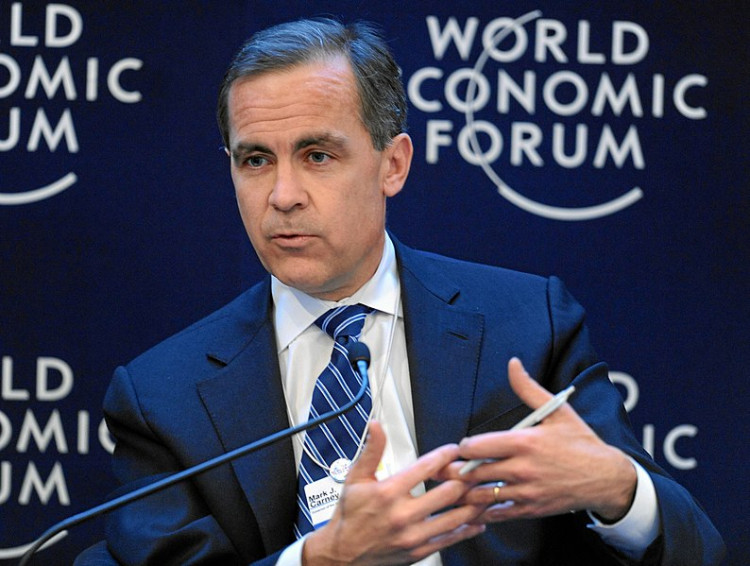Mark Carney has been elected leader of Canada's Liberal Party, setting the stage for a high-stakes political battle ahead of the next federal election. Carney, a former governor of both the Bank of Canada and the Bank of England, will replace Prime Minister Justin Trudeau as party leader and is expected to face Conservative leader Pierre Poilievre in what polls suggest could be a competitive race.
While Carney will assume leadership of the party immediately, Trudeau will remain prime minister for an unspecified transition period. The decision follows Trudeau's announcement that he would step down after more than a decade at the helm, during which he led the Liberals to three election victories but struggled with declining approval ratings and political crises in recent years.
Carney's immediate challenge will be navigating Canada's increasingly strained relationship with the United States. President Donald Trump has blamed Canada for illegal immigration into the U.S. and has threatened to impose steep tariffs on Canadian imports, citing concerns over fentanyl trafficking. In his first remarks as Liberal leader, Carney vowed to stand firm against U.S. economic pressure, stating, "He's attacking Canadian families, workers, and businesses and we cannot let him succeed and we won't." He added, "In trade as in hockey, Canada will win."
The deteriorating U.S.-Canada trade relations have become a rallying point for Liberals, with Trudeau warning over the weekend that the country faces an "existential challenge" from its southern neighbor. "This is a nation-defining moment," Trudeau said at the Liberal Party convention in Ottawa.
Carney's main opponent, Pierre Poilievre, has sought to position himself as a more business-friendly alternative while distancing himself from Trump. At a campaign event on Sunday, Poilievre criticized Carney's record, stating, "Working for Trudeau, Carney made Canada weaker and poorer; working for himself Carney made the United States richer and stronger." Carney responded by accusing Poilievre of playing into Trump's agenda, saying, "Donald Trump thinks he can weaken us with his plan to divide and conquer. Pierre Poilievre's plan will leave us divided and ready to be conquered."
Carney, 59, was born in Fort Smith, Northwest Territories, and raised in Edmonton, Alberta. A former Goldman Sachs banker, he served as Bank of Canada governor from 2008 to 2013 before becoming the first non-British governor of the Bank of England, where he played a key role in navigating Britain's economy through Brexit. He later served as the United Nations' special envoy for climate action and finance.
Despite his extensive financial background, Carney has never held elected office, making his transition into political leadership a key test. He has made economic growth, clean energy, and climate policy central to his campaign, arguing that Canada's natural resources and low-carbon economy can be leveraged for greater competitiveness. He has also proposed shifting the burden of Canada's carbon tax from consumers to corporations, a move aimed at addressing cost-of-living concerns while maintaining environmental commitments.
Recent polling suggests that the Conservative lead has narrowed, with the latest survey putting the Liberals at 34% and the Conservatives at 37%, a significant shift from mid-January when the gap was much wider.




